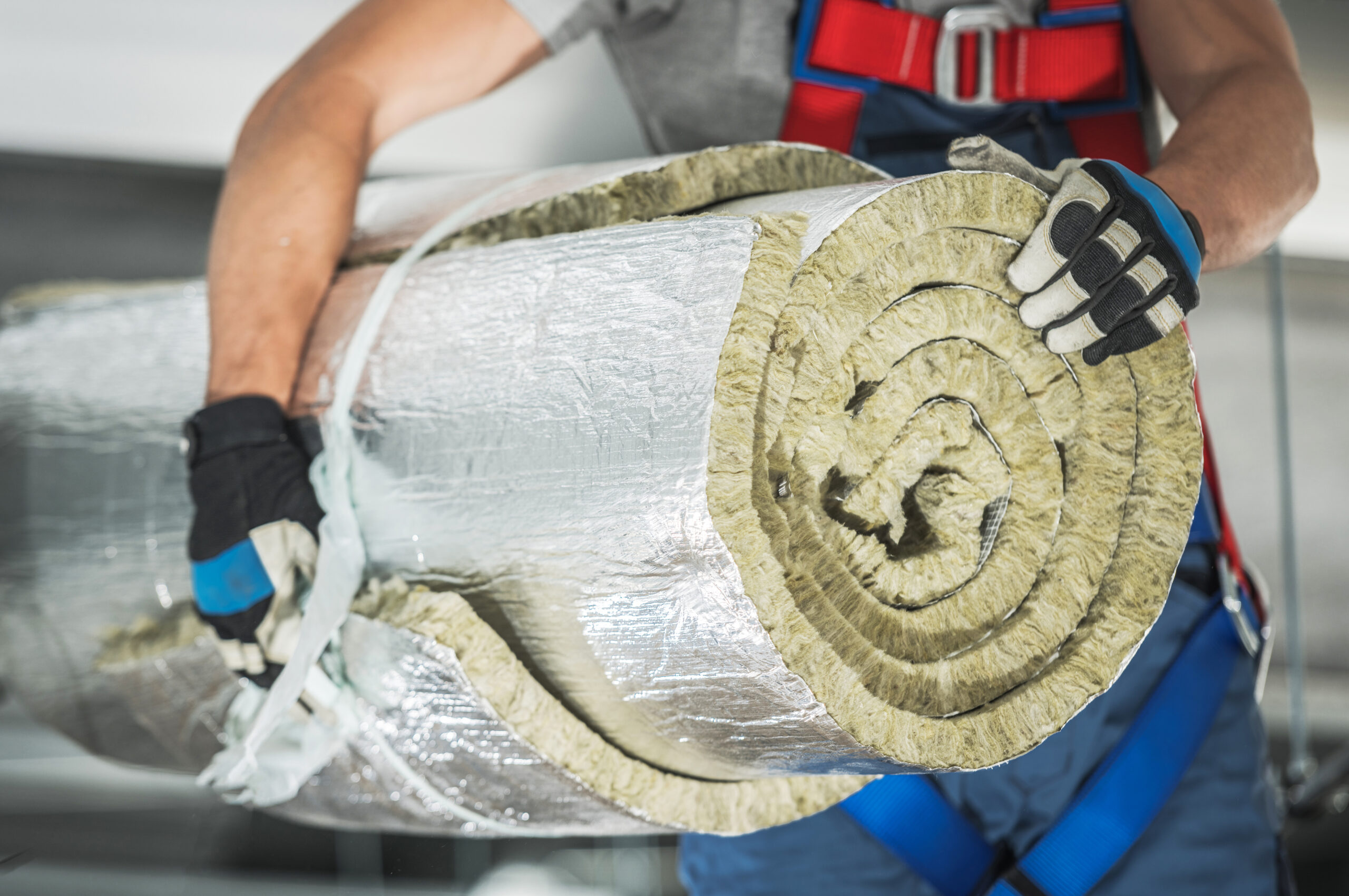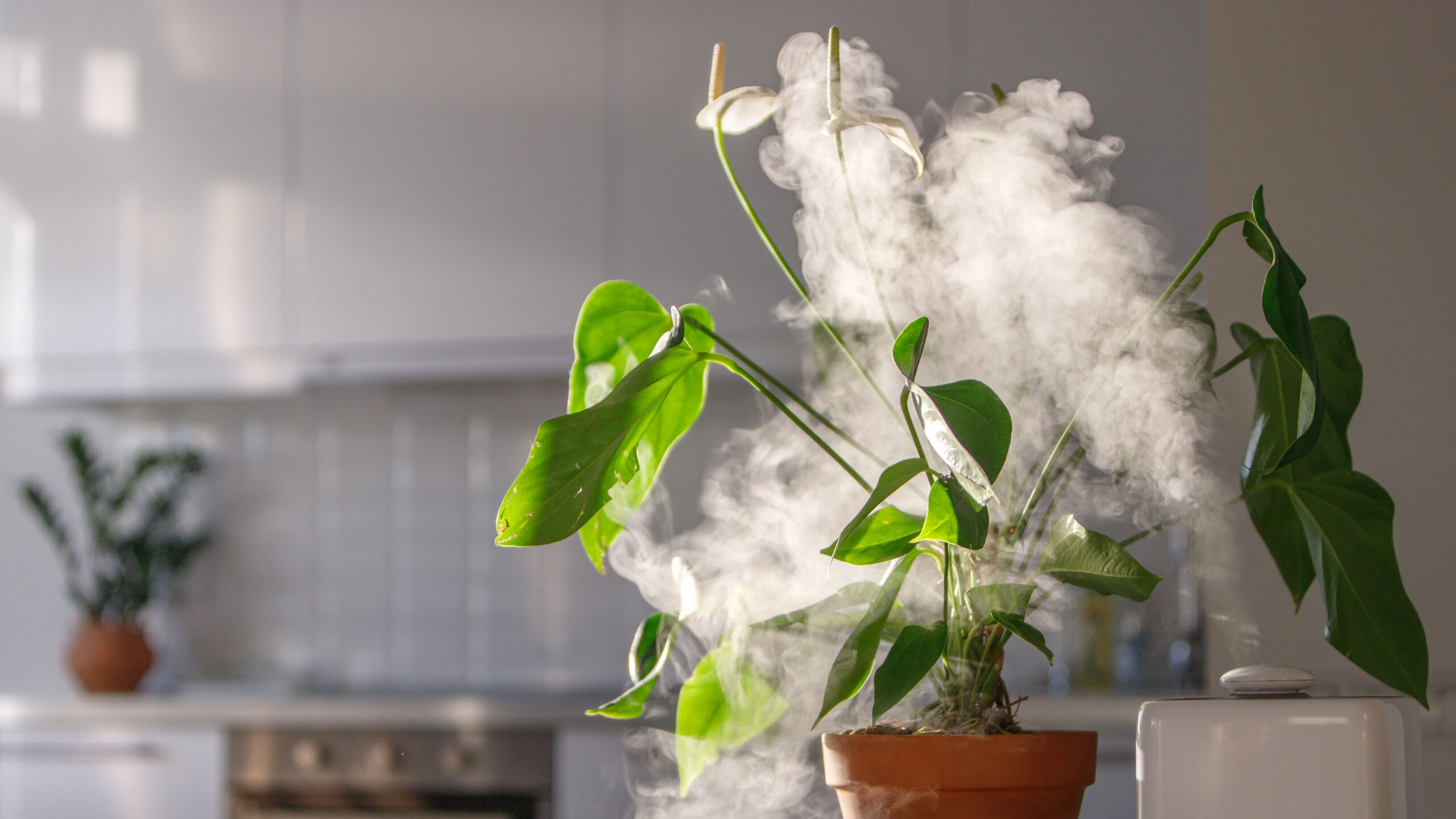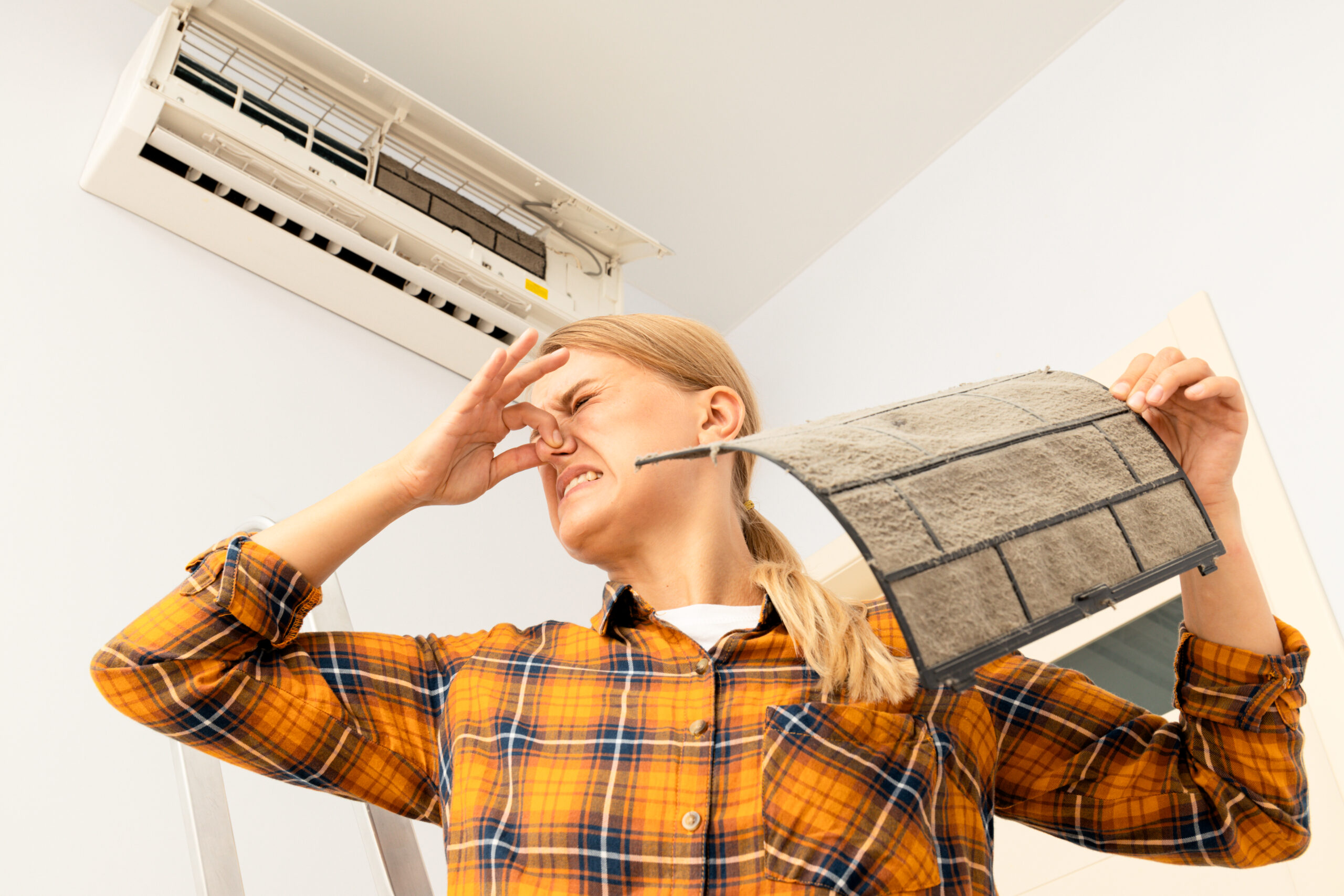FAQ: Should I Close The HVAC Vents In Unused Rooms?
We’re happy to address our customer’s frequently asked questions (FAQs) here on the Daffan blog. One question we’re often asked is whether it is a good idea or not to close vents in unused rooms. We’ll usually hear this question posed in a variety of ways:
- Can I save energy by closing vents in unused rooms?
- Will I save money by closing vents?
- The vent has a little lever on it to open and close it–does that mean it’s okay to close the vents?
For most residential heating and cooling scenarios, here’s the quick answer: No! You should not close the vents in unused rooms.
The main reason it’s a big no-no is that central heating and cooling systems push the same amount of air, no matter if you’ve closed a few vents in the house. Closed vents can result in increased air pressure in the system, which leads to a cascading set of problems: air leaks in the ductwork, which in turn makes the HVAC unit work harder to cool or heat the home, which in turn leads to mechanical breakdown.
Here’s another way to look at the question of closing vents: forced-air HVAC systems are designed and installed to work efficiently with a balanced air pressure load throughout the home–the system “inhales” through return ducts and “exhales” through supply ducts. If you close off the supply vents, you’ve thrown the system off its balanced pressure load, and now it has to work much harder to exhale.
If you like to dive into the technical side of things, check out Allison Bailes’ Energy Vanguard Blog for his excellent analysis of the effects of closing HVAC supply vents.
Here’s a summary of what Bailes calls the “9 Unintended Consequences of Closing Vents”:
- It can cause increased duct leakage.
- It can cause lower airflow in systems with permanent split capacitor (PSC) blowers.
- Energy use can increase in systems with electronically commutated motor (ECM) blowers.
- Lower airflow can make your home less comfortable.
- It can lead to a frozen air conditioner coil.
- It can kill the system’s compressor.
- It can crack the heat exchanger, which may lead to carbon monoxide in your home.
- It can lead to increased infiltration/exfiltration due to unbalanced leakage.
- In winter, it can cause condensation and mold growth in those rooms with closed vents, because of lower surface temperatures.
That’s an eye-opening list! Those are a lot of worrisome things that will keep you up at night. As always, here at Daffan, we don’t want you worrying about your HVAC system. Our techs are happy to answer your questions and help you determine the best solution for your home’s heating and cooling needs.








